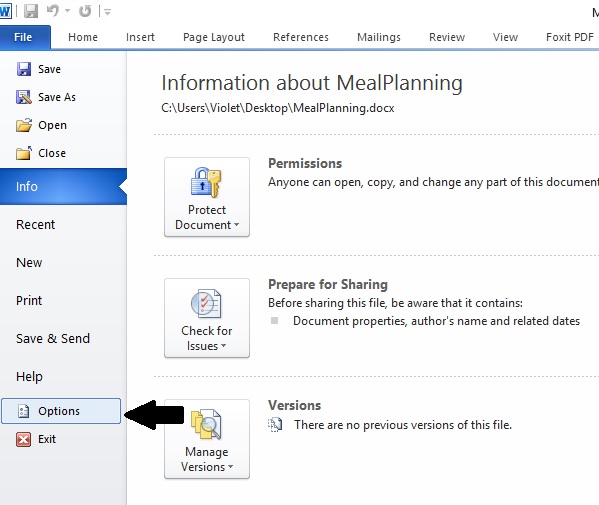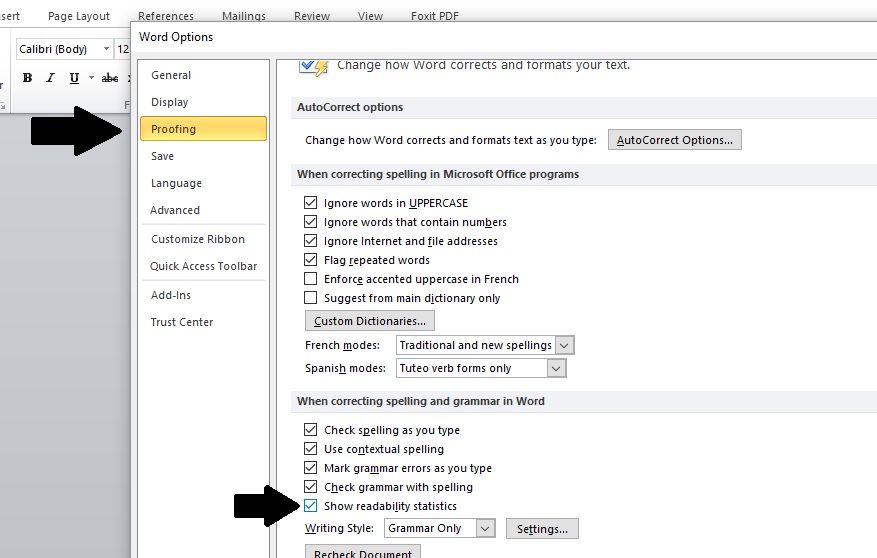Writing in plain language is not only about what is written but also about how your message will be received by your reader. It goes beyond simple words and short sentences. Clear communication is important to everyone from people with English as a second language to busy professionals.





